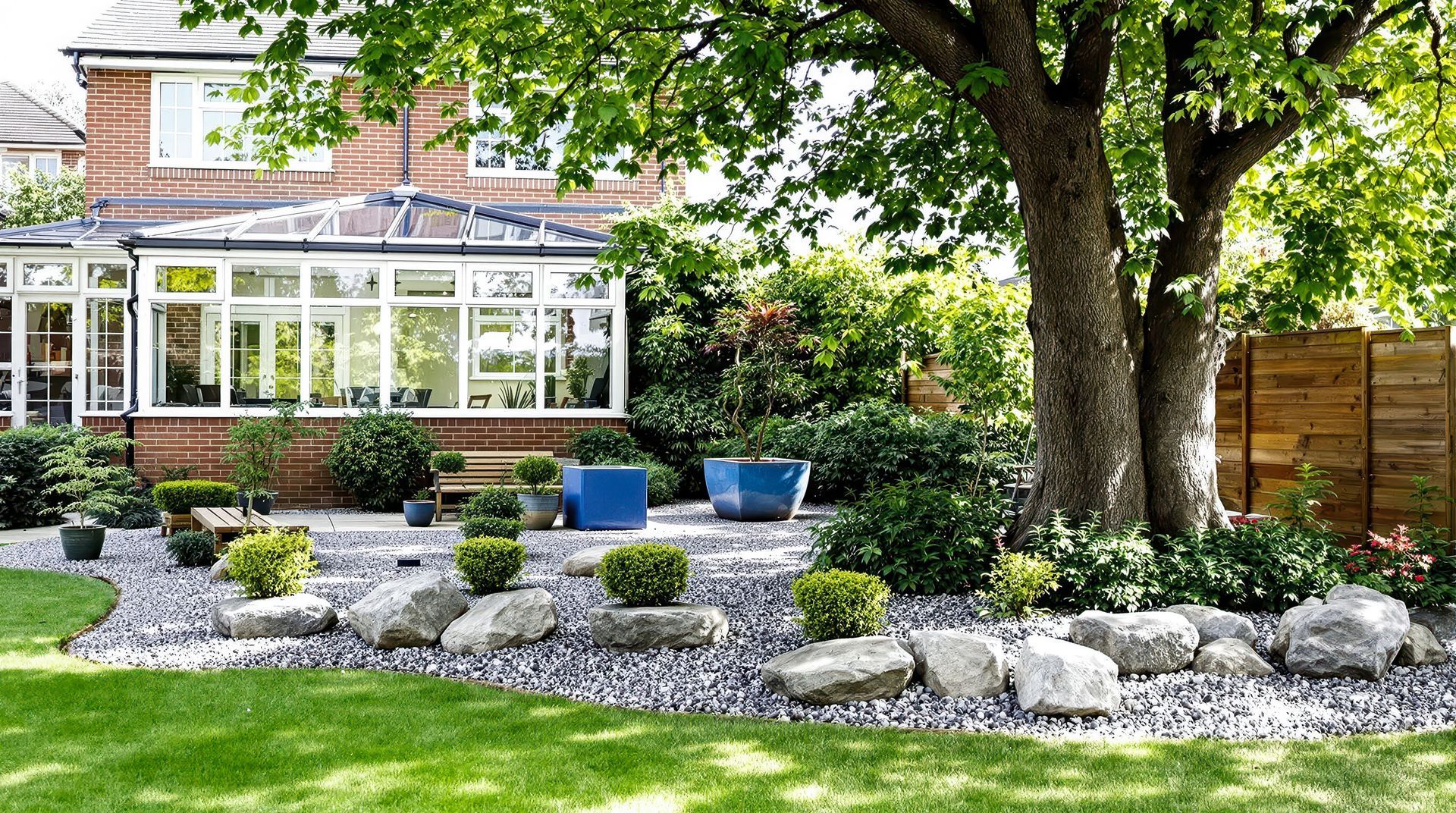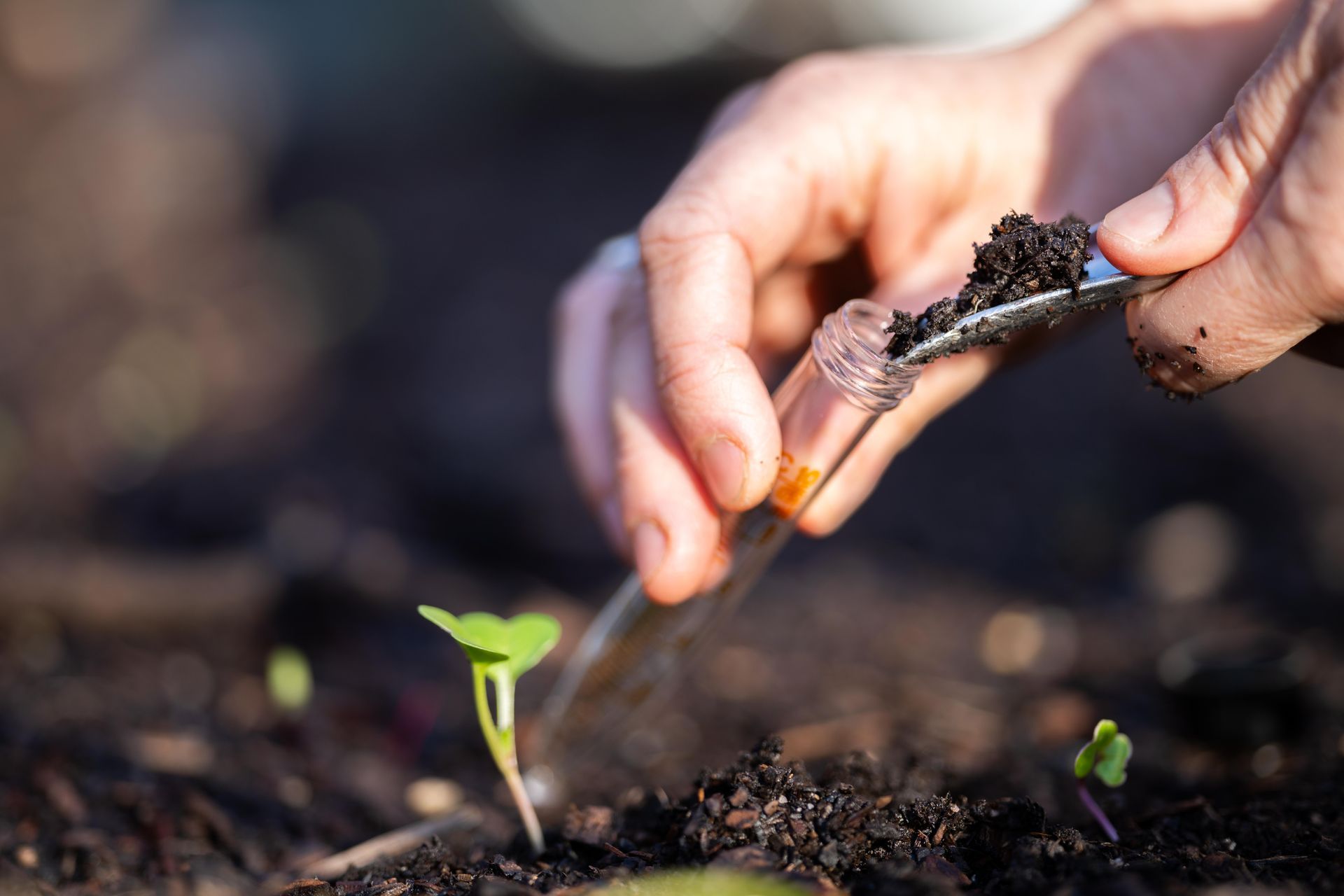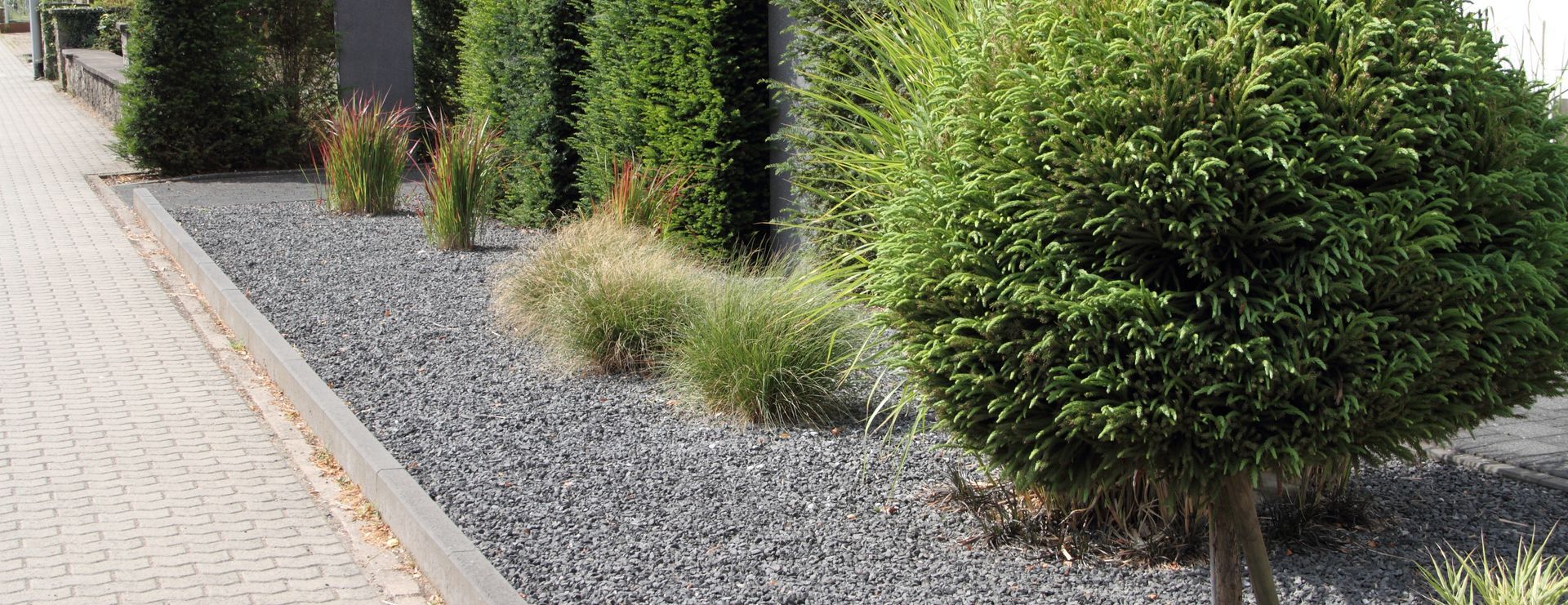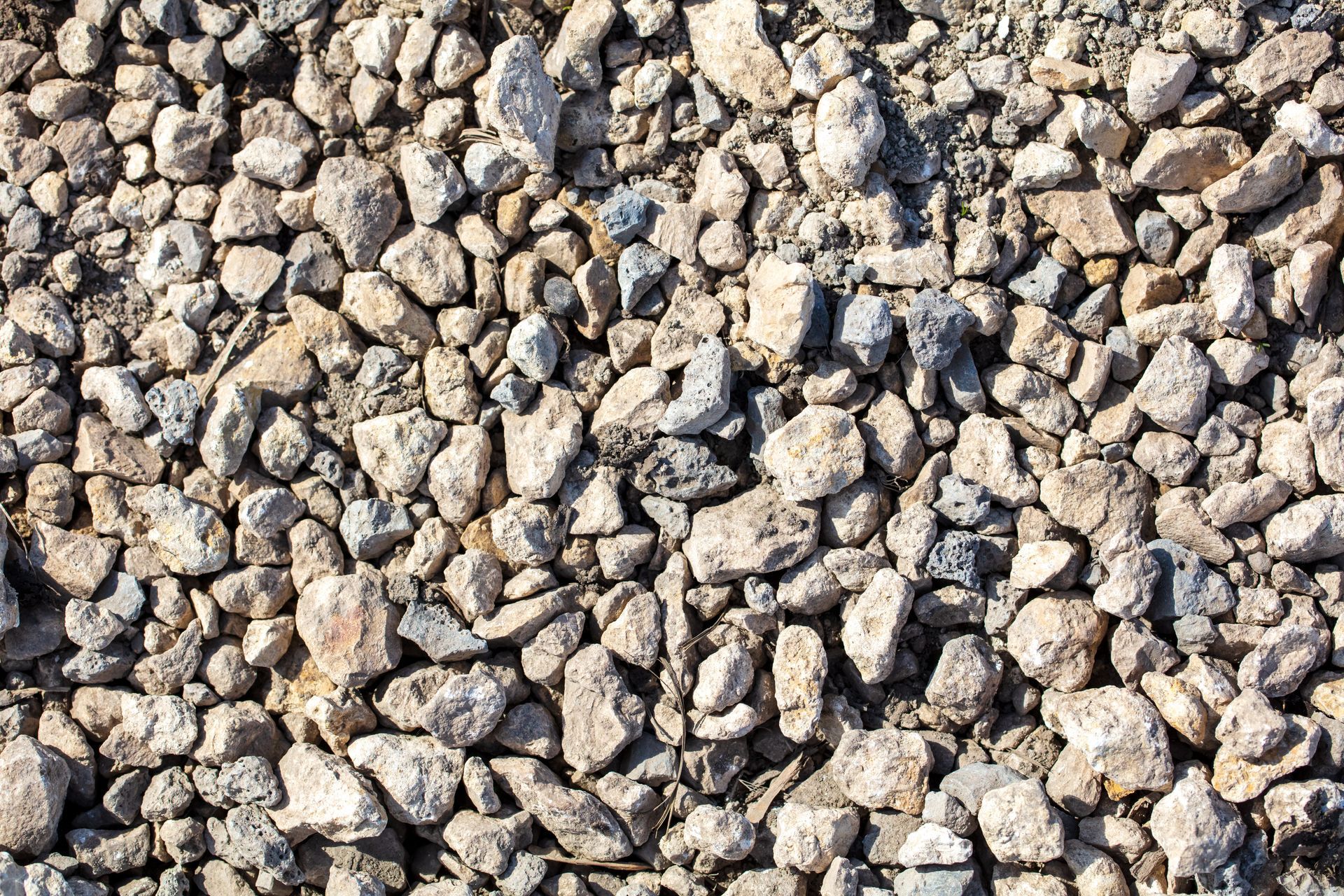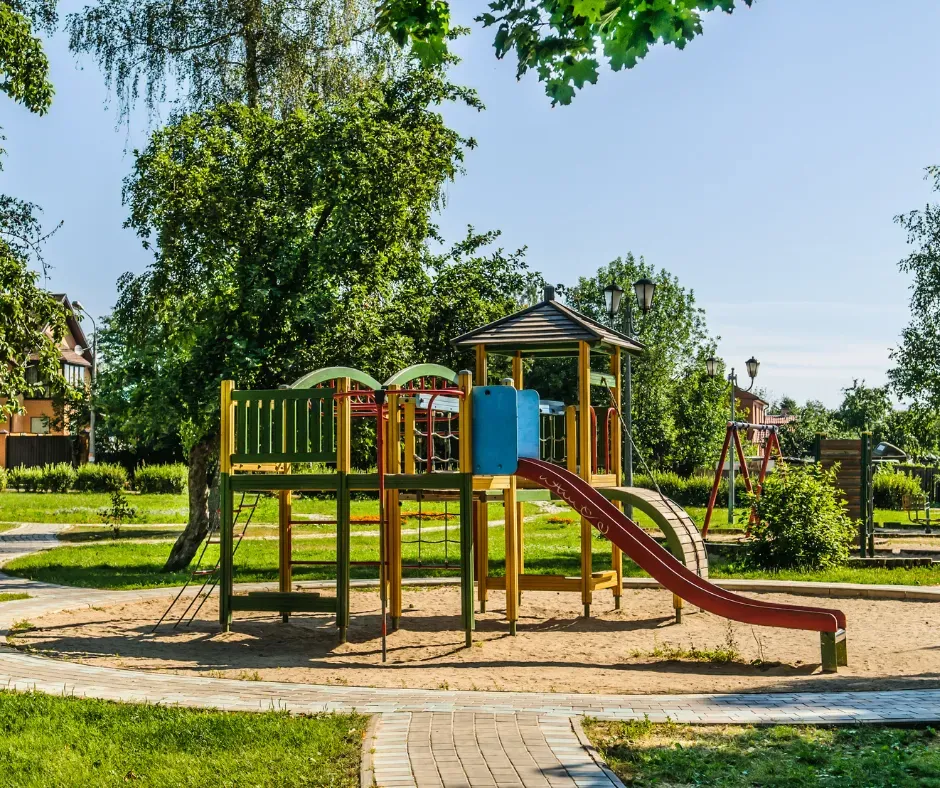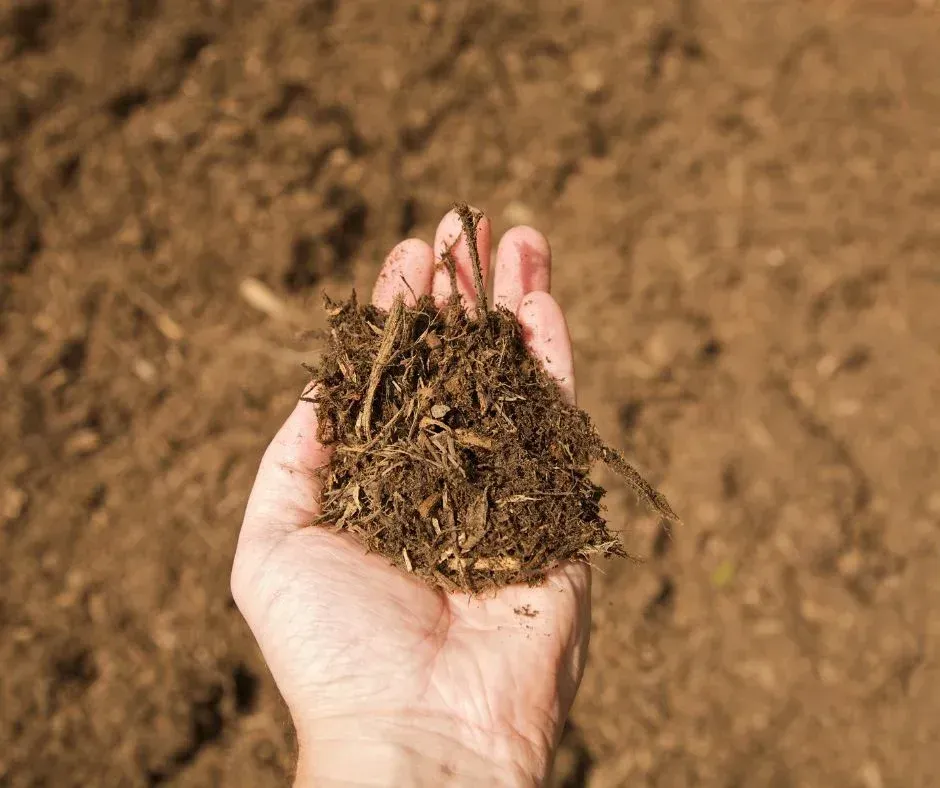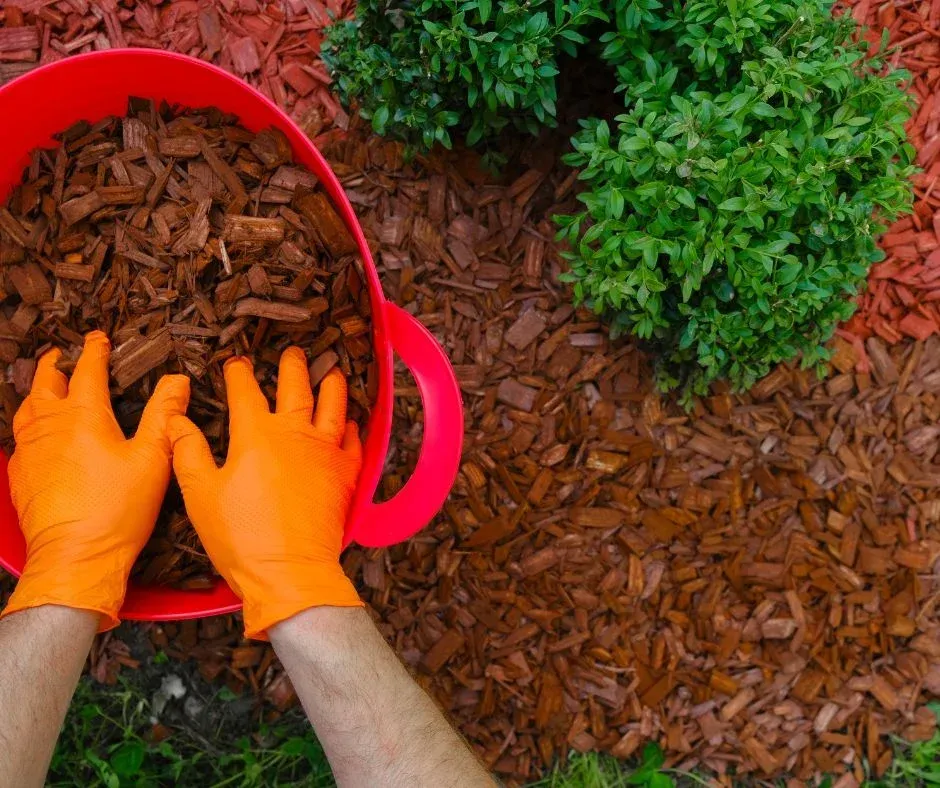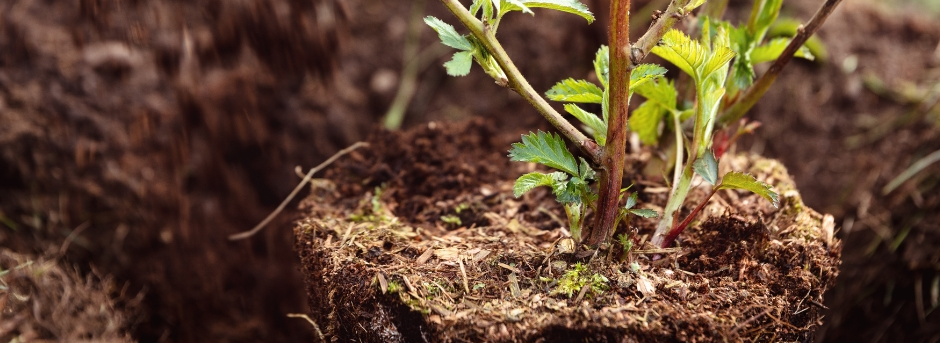5 Mulch Types That Will Supercharge Your Plant Growth
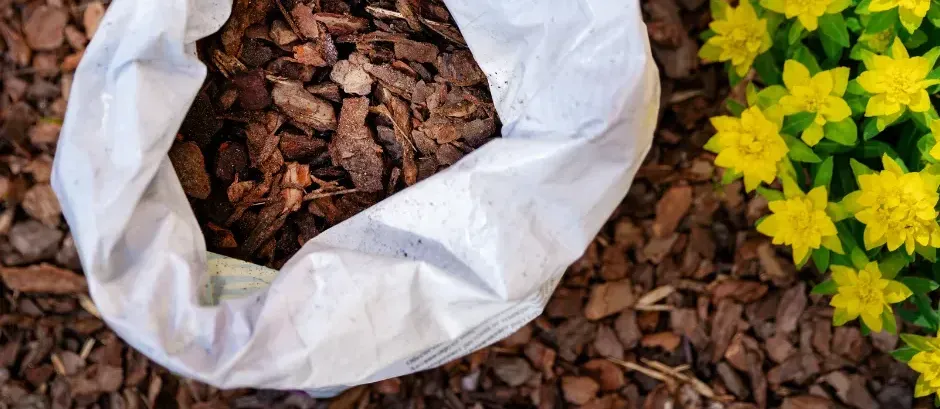
Gardening is a wonderful and rewarding hobby, but it requires a fair amount of care and attention to ensure your plants thrive. One often overlooked aspect of gardening is mulching. Mulch is a protective covering that you spread over the soil in your garden to help retain moisture, regulate temperature, and suppress weeds. However, not all mulches are created equal. In this blog post, we'll explore five mulch types that can supercharge your plant growth, helping your garden flourish and thrive.
Organic Mulch
Organic mulch is made from natural materials, such as wood chips, straw, leaves, and compost. It's an excellent choice for enriching your soil and enhancing plant growth. Here are some reasons why organic mulch is beneficial:
- It improves soil structure and fertility as it breaks down over time, providing essential nutrients to your plants.
- Organic mulch helps regulate soil temperature by keeping it cooler in hot weather and warmer in cold weather, creating a more stable environment for your plants.
- It prevents weeds from taking root by blocking out sunlight and reducing competition for nutrients.
- Organic mulch also retains moisture, reducing the need for frequent watering and helping your plants stay hydrated.
Mulch made from Grass Clippings
Grass clippings are an excellent source of mulch that can supercharge plant growth. Instead of throwing them away, you can use them to your advantage. Here's how grass clippings can benefit your garden:
- Grass clippings are rich in nitrogen, which is an essential nutrient for plant growth. When used as mulch, they release nitrogen gradually into the soil as they decompose.
- They help to maintain soil moisture, reducing the risk of drought stress in your plants.
- Grass clippings are readily available and cost-effective, making them an eco-friendly choice for mulching.
Mulch from Shredded Leaves
If you have a surplus of fallen leaves in your yard, don't discard them. Shredded leaves make an excellent mulch option. Here's why:
- Shredded leaves break down slowly, enriching your soil with organic matter and nutrients over time.
- They improve soil structure, aeration, and water retention.
- Shredded leaves can deter weed growth and keep your garden looking tidy.
Pine Straw Mulch
Pine straw mulch is made from pine needles and is particularly popular in regions where pine trees are abundant. Here's how it can supercharge your plant growth:
- Pine straw is acidic, which can be beneficial for plants that thrive in acidic soil, such as azaleas, rhododendrons, and blueberries.
- It helps to conserve soil moisture and regulate soil temperature.
- Pine straw mulch doesn't break down as quickly as some other organic mulches, making it a long-lasting option.
Rubber Mulch
Rubber mulch is a non-organic mulch made from recycled rubber, typically from old tires. While it may not provide nutrients to the soil, it offers other advantages:
- Rubber mulch is long-lasting and doesn't need frequent replacement, making it a low-maintenance option.
- It provides excellent weed control and doesn't decompose, reducing the need for annual mulch replacement.
- Rubber mulch can enhance safety in playgrounds and high-traffic areas by providing cushioning and reducing the risk of injuries.
Choosing the right mulch type can significantly impact your garden's health and vitality. The five mulch types mentioned above can supercharge your plant growth, providing various benefits such as improved soil fertility, moisture retention, and weed control. Whether you opt for organic mulch like wood chips and compost, or non-organic options like rubber mulch, selecting the right mulch for your garden's specific needs will lead to a more vibrant and thriving outdoor space. So, don't overlook the importance of mulch in your gardening routine—it's a simple yet powerful tool to help your plants reach their full potential.
